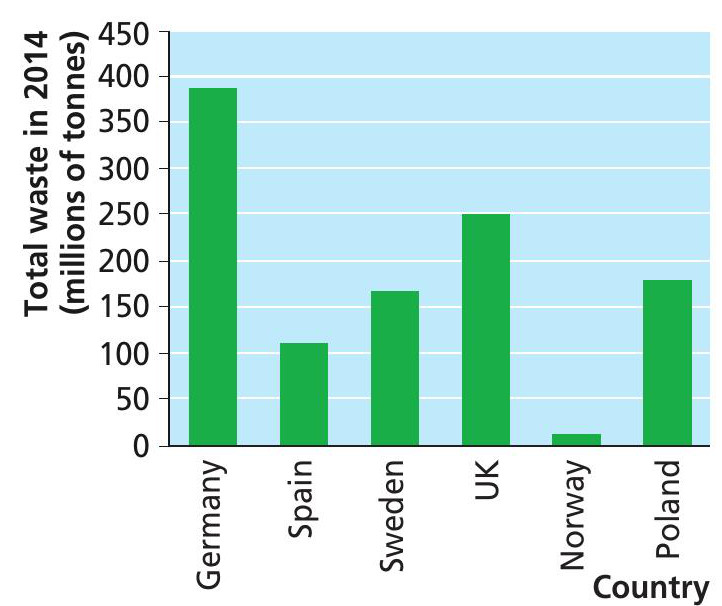
environmental economics, externalities, waste and recycling
Every year the UK produces around 250 million tonnes of waste (see Figure 1). Such waste comes from industrial production, household consumption and businesses. Roughly 30 million tonnes of this is solid waste collected by municipal authorities. Municipal waste mainly includes the rubbish from households that fills our bins, but also includes waste from offices and public institutions. Considering the concentration of people living in cities and urban areas, organising municipal waste collection has become a costly and complex challenge for governments.
Your organisation does not have access to this article.
Sign up today to give your students the edge they need to achieve their best grades with subject expertise
Subscribe




